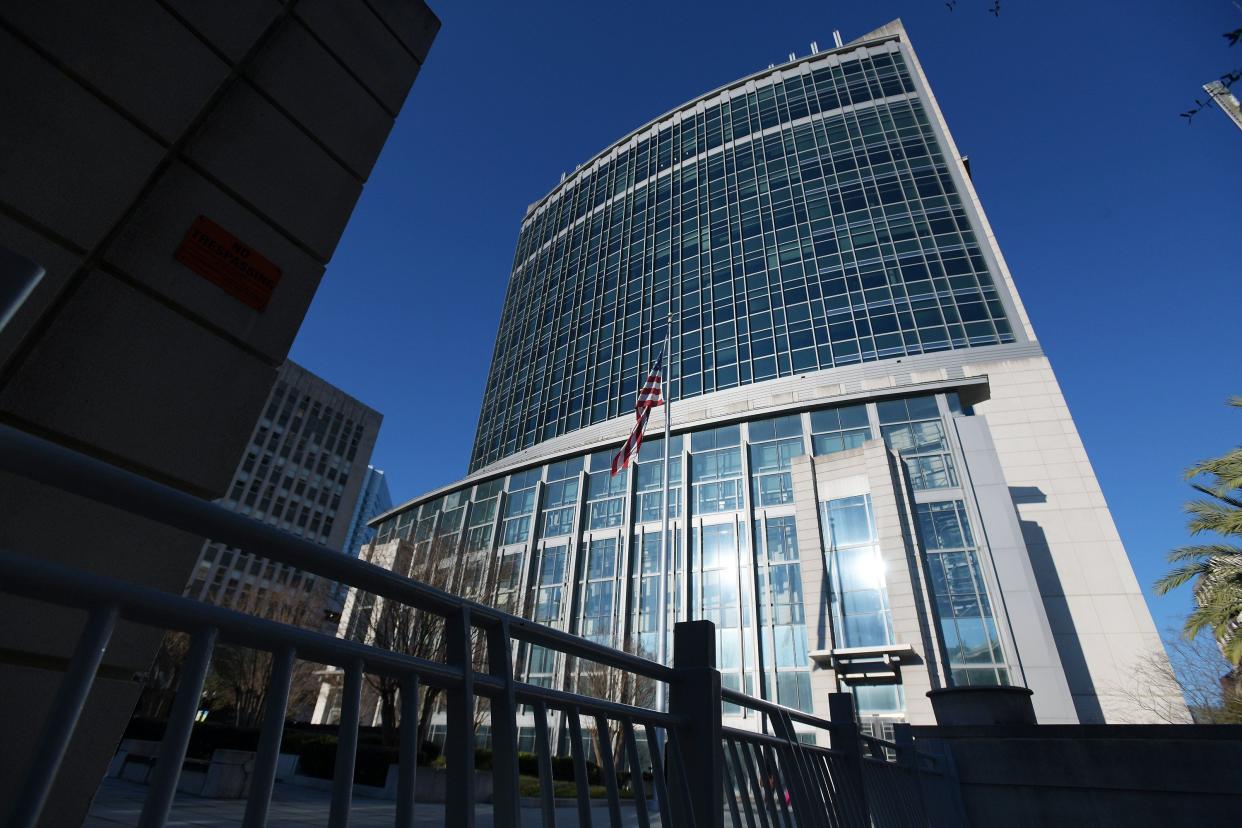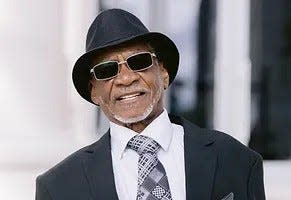In prison 44 years, Jacksonville man sues over witness hypnosis in vacated shootings case

A man whose 1976 attempted murder convictions were finally vacated in January is suing Jacksonville over police secretly building their case on testimony from a man a detective had hypnotized.
Willie L. Williams Jr. “spent almost 45 years in prison as an innocent man,” argues a lawsuit filed Wednesday in Jacksonville’s federal court.
Hypnotizing witnesses wasn’t forbidden when Williams was convicted of shooting two people in the head during a holdup at a Westside produce business, although Florida’s Supreme Court later decided that testimony offered after hypnosis was unreliable and inadmissible.
Williams’ conviction was overturned because neither he nor his lawyers had been told that hypnosis was used before a man who initially said he didn’t remember anything instead identified Williams as the man who shot him.

After 43 years: FREE AT LAST
Not disclosing the hypnosis violated a U.S. Supreme Court ruling that defendants are entitled to know evidence they could use to argue their innocence, and created the basis for the lawsuit filed this week.
The Jacksonville Sheriff’s Office in the 1970s “deliberately chose not to adopt any or adequate policies on officers’ obligations to disclose exculpatory and impeachment evidence,” argues the lawsuit, which notes that requirement became part of federal case law in 1963.
Not having disclosure rules “posed an obvious risk of violation of the constitutional rights of Mr. Williams and other criminal defendants,” the suit argues, saying that led to Williams serving a life sentence until he was released on parole at age 75 in 2020.
After being paroled, Williams convinced the State Attorney’s Office to examine his case through its conviction integrity review division. He argued he had simply given a ride to another man, Alfred Mitchell, who had claimed he needed to pick up a check at the produce business and that Williams never entered the business and had no idea a robbery was planned.
Legal puzzles: Overturned convictions raise questions
Both Williams and Mitchell were in Williams’ car during a police chase begun by a hit-and-run accident that followed the shootings.
Williams bailed out of the car after another accident near downtown and was quickly arrested. Mitchell ran into a nearby house, shot himself in the head and died.
The lawsuit says the same gun used in the produce shootings had been used in another robbery-murder two weeks earlier and that police concluded Mitchell had carried out that killing alone.
Despite that, the lawsuit argues, police working the produce shooting “reached an agreement to paint Mr. Williams as the shooter despite all evidence to the contrary.”
Besides the city, the lawsuit accuses six police officers, two of whom have since died, of building “an entirely false case against Mr. Williams by fabricating evidence … and suppressing exculpatory evidence.”
State Attorney’s Office spokesman David Chapman said that while the agency had found that state didn’t disclose evidence it should have, that doesn’t mean police were conspiring to pin false charges on Williams.
When the original conviction was vacated, prosecutors could have taken Williams to trial a second time but didn’t have the witnesses to make a case from almost 50 years ago, Chapman said in emailed remarks.
“With the passage of time and the loss of critical witnesses, the State could not proceed. During our investigation, there were no findings to support a claim of exoneration, innocence, or that law enforcement conspired against Mr. Williams,” Chapman said.
This article originally appeared on Florida Times-Union: Locked up 44 years in shootings, Jacksonville man sues after case vacated

